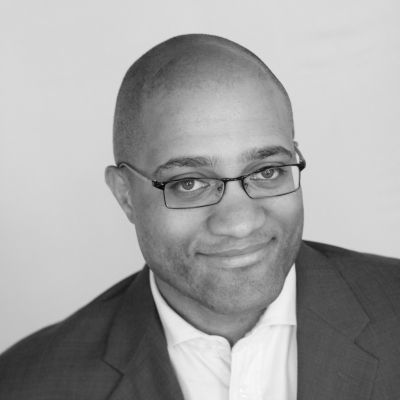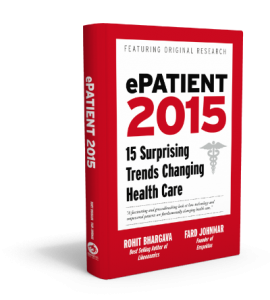Medical Futurist Dr. Bertalan Meskó
Dr. Bertalan Meskó is a digital renaissance man for healthcare. He is an author, TEDx speaker, teacher, consultant, and medical futurist. We had a wide ranging conversation about the future of medicine and the need for all medical professionals to be digitally literate. In addition to his newly published book, “The Future of Medicine,” Dr. Meskó shared his personal story of how he became a medical doctor, a PhD in genomics but still felt he had to honor “the geek” inside and embrace a career he designed for himself as a medical futurist. Listen to the episode of catch the highlights of the podcast at the time stamps below.
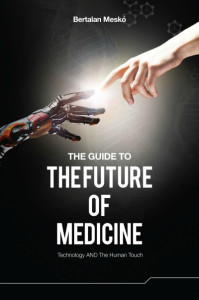 00:00 Introduction
00:00 Introduction
00:35 Meet Dr. Bertalan Meskó
02:00 It’s about the conversation, not the platform
02:20 Building relationships
03:40 Be precise in social media
04:30 You can’t hide in the internet
06:45 The Guide to the Future of Medicine
08:55 Dr. Bertalan’s story
09:30 Created a profession as a medical futurist
11:20 Webcina.com
14:16 themedicalfuturist.com
16:50 “I think like a geek about improving healthcare”
19:20 How do we talk about a digital future when basic health needs aren’t met in third world countries?
22:13 What are people scared of about the future of medicine?
25:45 Break down the ivory tower of medicine
27:26 “Quantified Self”
37:07 Taking responsibility for your own health
38:50 Social Media Tip: Scott Bornkessel, Online Marketing Director for ABB
Podcast: Play in new window | Download

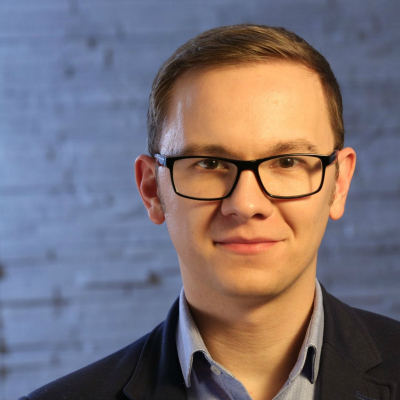
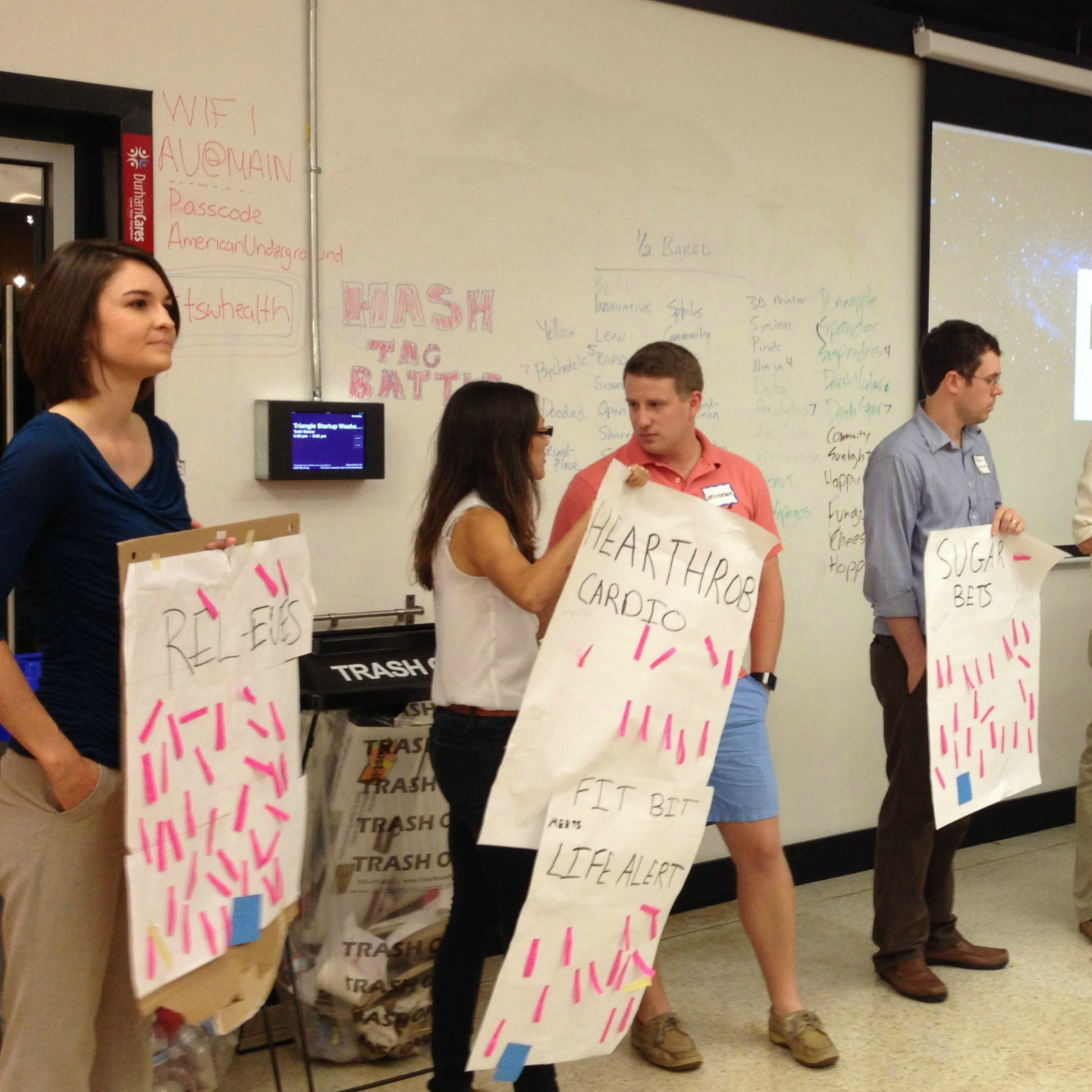
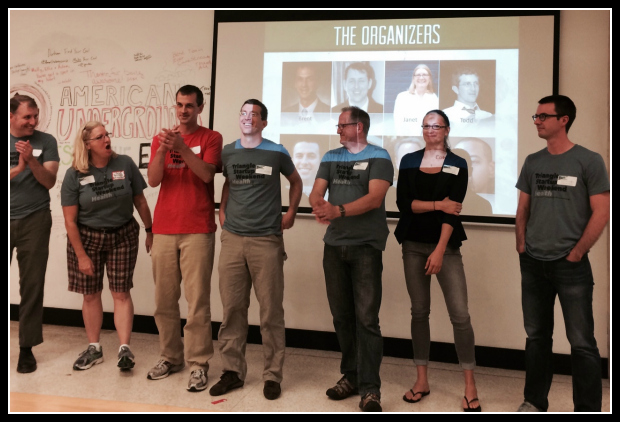

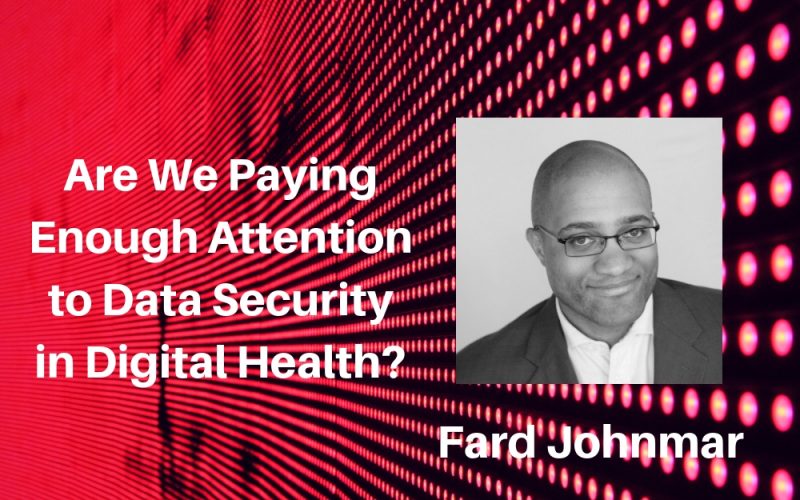
 Earlier this year, health consumers, physicians, and others roundly criticized a program backed by the National Health Service to collect and centralize health data gathered by general practitioners from millions of patients across England. They were especially concerned that creating a centralized database of health records could put patients’ privacy at risk.
Earlier this year, health consumers, physicians, and others roundly criticized a program backed by the National Health Service to collect and centralize health data gathered by general practitioners from millions of patients across England. They were especially concerned that creating a centralized database of health records could put patients’ privacy at risk.